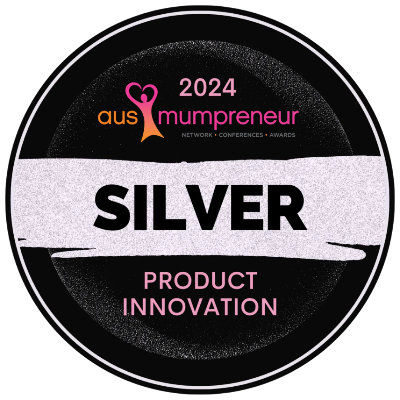Hello, I’m Helen – a midwife, mum and researcher. You’ll find me over @reallifemidwife talking about all things birth and perinatal trauma. The 16-23 July 2023 is Birth Trauma Awareness Week (BTAW), so there is lots of content relating to the topic of birth or other perinatal trauma. Unfortunately, many of us experience traumatic, distressing or upsetting events on our journey to parenthood. If you find yourself here because of this, I’m sorry, you’re not alone and there are absolutely things we can do to promote recovery and wellbeing after this.
I am no stranger to perinatal trauma – it’s been a very difficult journey for me, too. As a midwife and a researcher, it has meant I’ve spent a lot of time researching and working with people after their trauma and so here are some of my best three tips for after birth or other perinatal trauma.
-
Validate/acknowledge
Validation means having your feelings or emotions recognised and affirmed – in other words, what you experienced and how you are feeling right now is justified and legitimate. While it’s crucial that your inner circle and wider network acknowledges (instead of invalidating) your experience, it’s just as important to practice this for ourselves. It is all too common for blame, guilt, shame to step in when we are feeling this way, or to compare to others and feel like your experience is somehow lessened. But these responses aren’t accurate – how you feel and think matters, and so does your experience. Acknowledging and affirming your experience and your response is one of the best steps to make in recovery.
-
Take the easy street – reduce your mental load and make space for your brain to recover
There has been increasing talk over the years about the mental load of motherhood or parenthood, and this is a good thing. But one thing that is often left out of the conversation is how the mental load impacts on your mental wellbeing. When we are burdened with a mental health condition, such as depression, anxiety, or the effects of birth/perinatal trauma, it is our brain where the ‘injury’ is suffered, and thus our brain that needs the opportunity to recover. A busy or overburdened brain cannot do this. I tell many of the parents I work with – clear your mental load, choose the easy choices for now, whatever that means. Say yes to help, outsource your food, cleaning etc if possible. Clearing this space in your brain will create the room for recovery and healing to occur.
-
Professional support/therapy
This one is kind of obvious, and yet it can be also kind of challenging. Why? Well, for one, if we don’t recognise we have a problem (as is so often the case with birth/perinatal trauma) or if our experience is being dismissed or invalidated – it’s harder to take those steps to seek professional support for recovery. Also, the mental health system can often be under pressure too, meaning there might be a wait, or financial barriers to accessing help. Finally, there can be an element of stigma around mental health – it can feel shameful, or invoke feelings of guilt or self-blame. As awful as those feelings are, they are very rarely truthful or accurate, and let me tell you – it is AMAZING to seek professional help and feel so much better, especially as a parent.
I hope these tips and explanations are helpful. If you’d like to know more or ask questions, come and find me on Instagram @reallifemidwife ~
Helen 😊







